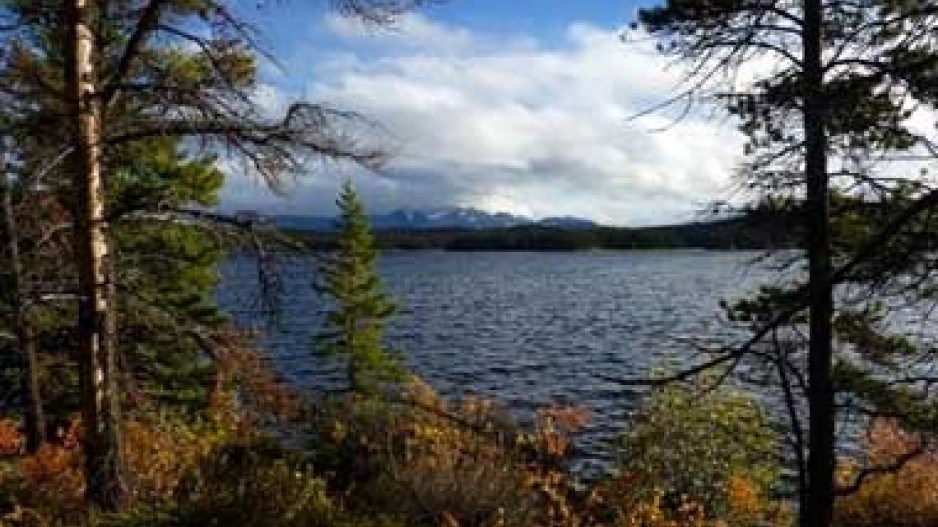The Tsilhqot’in First Nation has come out swinging against Taseko Mines Ltd’s (TSX: TKO) lawsuit against the Western Canada Wilderness Committee (WCWC) over its criticism of the New Prosperity mine proposal.
Last week, Taseko filed a defamation suit against the WCWC and its outreach director Sven Biggs for what it calls defamatory statements authored by Biggs and posted on the WCWC’s website.
Taseko CEO Russ Hallbauer said in a statement the company had filed the civil claim only after “repeated requests … to correct the record” had failed.
The dispute is over the New Prosperity copper-gold mine near Williams Lake, which was rejected after a federal review and then revised. The revised proposal is now subject to an ongoing environmental review.
In a press release, Tsilhqot’in tribal chairman Chief Joe Alphonse said his people were shocked by Taseko’s lawsuit against the environmental organization, but vowed it would not stop First Nations in the region from speaking out against the proposal.
“We will certainly not be silenced by what appears to us to be a clear attempt to mute opposition and stifle criticisms,” Alphonse said.
“If it is libelous to dispute unproven claims and to present alternative views, then what is the point of having public hearings?”
Xeni Gwet’in Chief Marilyn Baptiste said, “Muzzling environmental groups is not the way to earn credibility. What is clear is that this action by [Taseko] will not silence us.”
The WCWC has criticized the revised New Prosperity mine proposal as being worse than the original plan from an environmental standpoint.
Alphonse said a federal review panel also made the observation that the alternative now being considered would have greater long-term environmental risks than the “preferred alternative” (the original plan).




